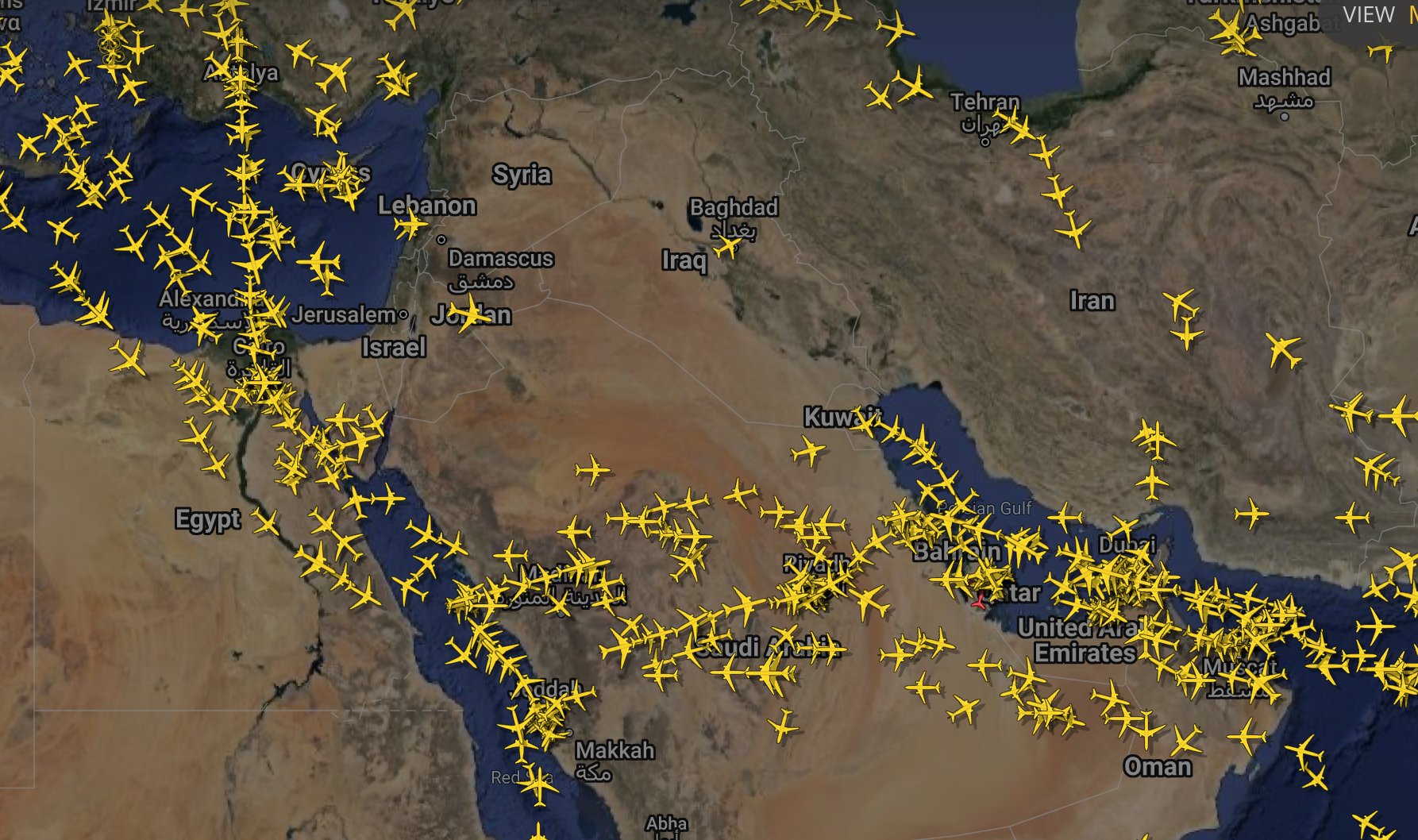
Flight operations at Dubai International Airport (DXB) and Dubai World Central (DWC) faced significant disruption on Friday, June 13, after the sudden closure of airspace over Iran, Iraq, Jordan, and Syria in response to Israeli military strikes on Iranian targets. The Israeli operation, codenamed 'Rising Lion,' targeted nuclear and military facilities and resulted in the deaths of several top Iranian commanders, prompting immediate airspace shutdowns that severely impacted one of the world’s busiest aviation corridors.

Dubai Airports confirmed that dozens of flights were either delayed or cancelled, affecting both inbound and outbound services. Major UAE airlines—including Emirates, Etihad, flydubai, and Air Arabia—suspended or rerouted flights to at least nine countries across the Middle East, Caucasus, and Central Asia.
Key destinations affected include Tehran, Baghdad, Basra, Amman, Beirut, Tel Aviv, and several cities in Russia, Armenia, Azerbaijan, Georgia, Kazakhstan, and Uzbekistan. Emirates suspended all flights to and from Iraq, Iran, Jordan, and Lebanon on June 13 and 14, impacting routes such as Amman (EK903/EK904, EK905/EK906), Baghdad (EK943/EK944), Basra (EK945/EK946), Beirut (EK953/EK954, EK957/EK958), and Tehran (EK977/EK978, EK979/EK980).

Similarly, flydubai halted flights to Amman, Beirut, Damascus, Iran, Iraq, and Tel Aviv, with some aircraft rerouted or forced to return mid-flight for safety reasons.
The disruption extended to other regional carriers, with Air Arabia suspending services to Iran, Iraq, Jordan, Russia, Armenia, Uzbekistan, Azerbaijan, Georgia, and Kazakhstan. Qatar Airways also temporarily halted flights to Iran and Iraq, while Lufthansa and Turkish Airlines diverted flights to avoid the affected airspace.
The closures forced airlines to reroute aircraft over Egypt, Saudi Arabia, Turkey, Azerbaijan, and Turkmenistan, causing widespread delays and longer flight times.
Dubai Airports and other UAE airport authorities urged passengers to check their flight status directly with airlines, allow extra time for travel, and explore rebooking options before heading to the airport. Guest ambassador teams were deployed across all terminals to assist affected travelers, and airlines activated customer support centers to facilitate refunds and itinerary changes.

Authorities emphasized that the safety of passengers and crew remains the top priority and that they are closely monitoring the evolving situation.
The ongoing airspace closures highlight the vulnerability of global aviation to regional conflicts, with the Middle East experiencing the most severe impact. Passengers are advised to stay updated through official airline and airport channels, as further changes to flight schedules may occur with little notice





.jpg)
.jpg)









.jpg)



.jpg)

.jpg)


.jpg)


.jpg)
.jpg)






.jpg)









.jpg)











